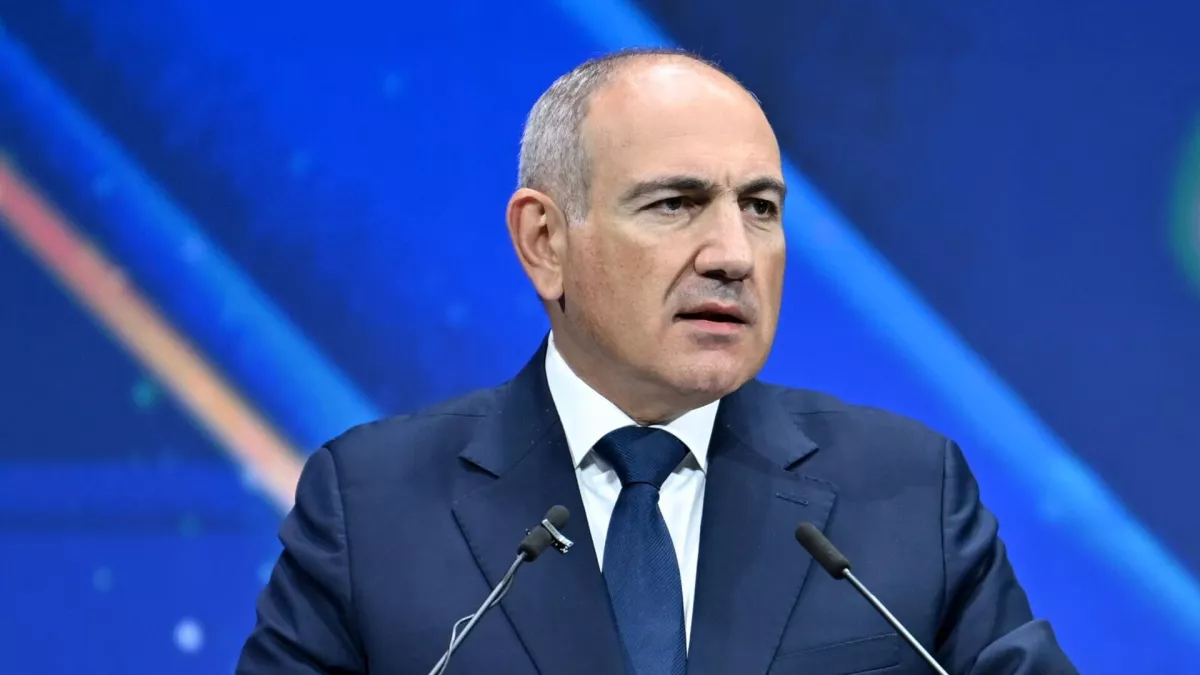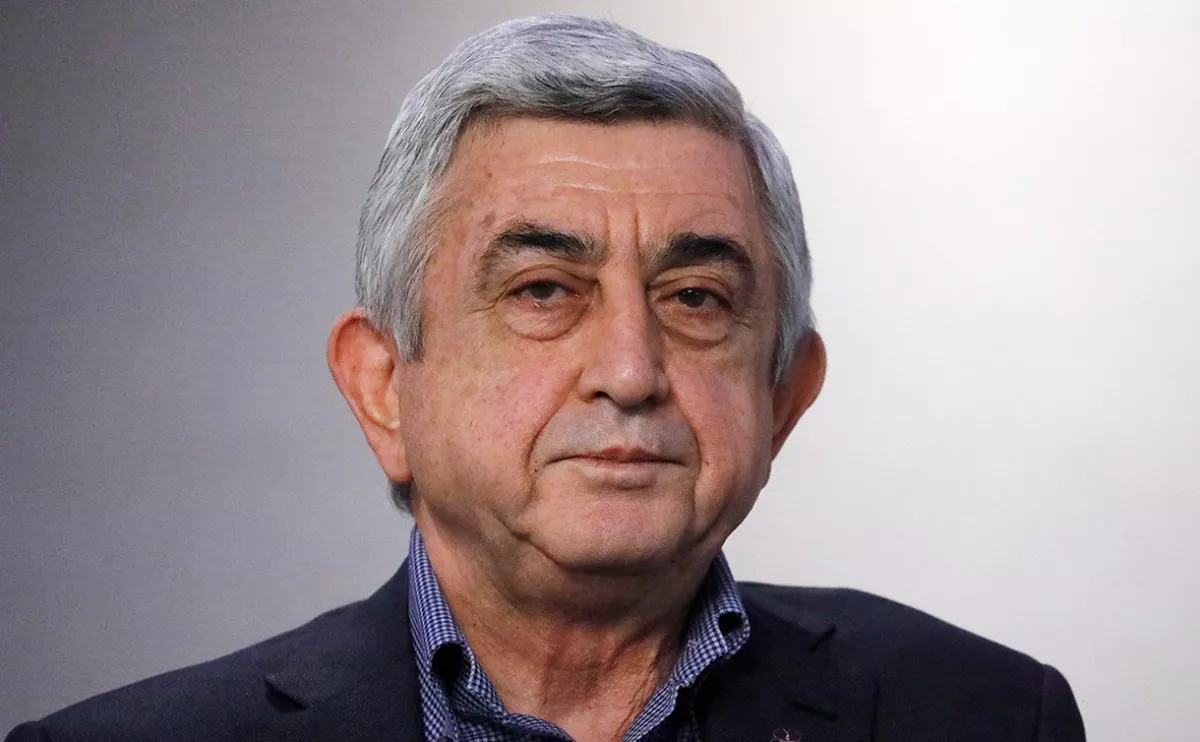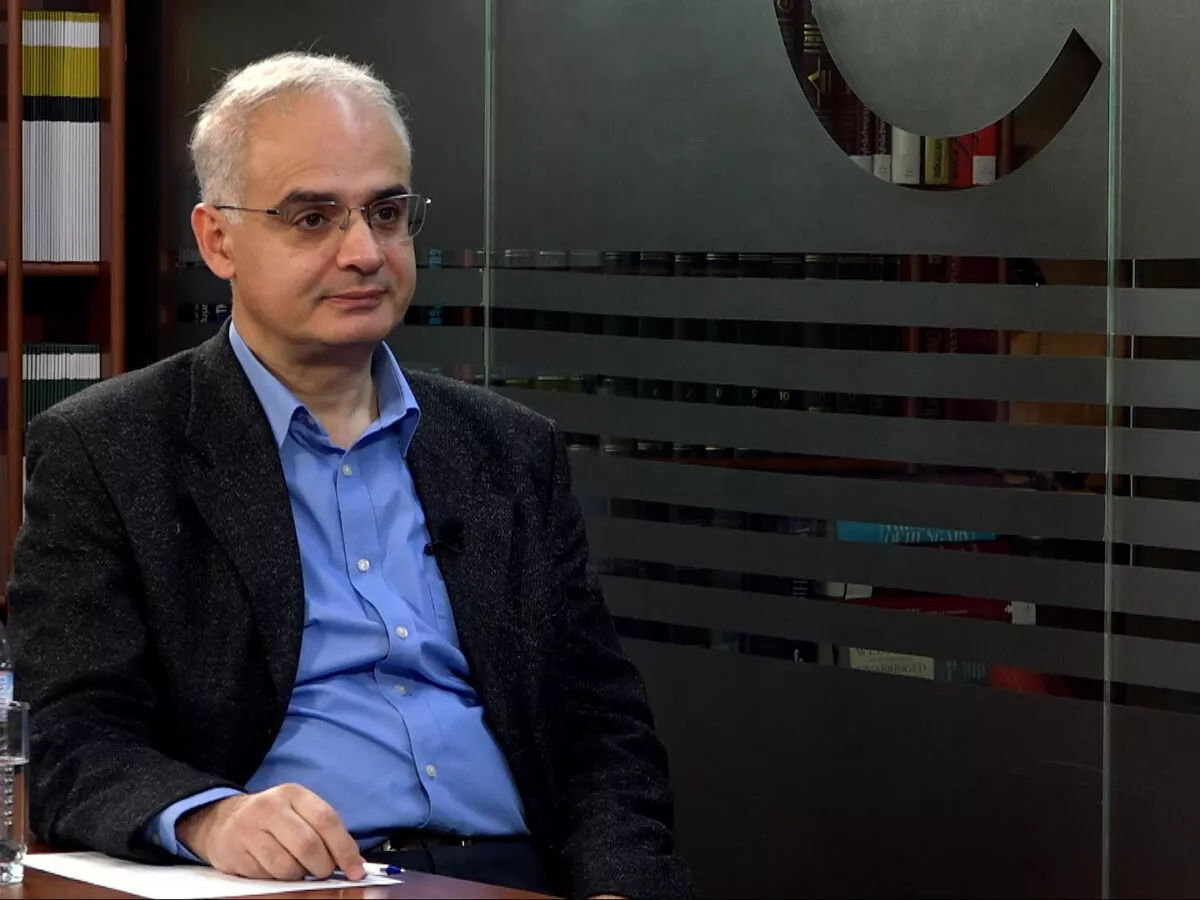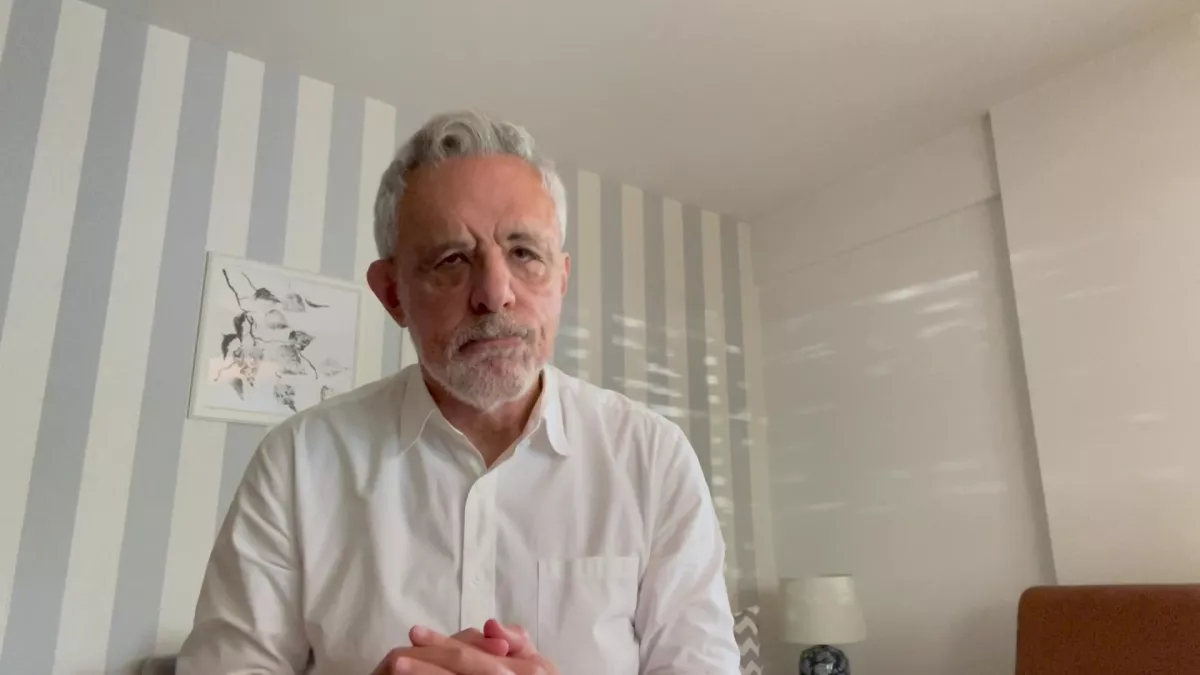Adherents of chaos vs Pashinyan Revanchists’ attacks amid Armenia-Azerbaijan peace push
On the eve of Armenia’s Independence Day, staunch critics of Prime Minister Nikol Pashinyan once again launched harsh attacks against him. The main trigger for this latest wave of criticism appears to be his recent confident statements on the Armenian-Azerbaijani settlement, delivered at the congress of the Civil Contract Party.

In his opening remarks, Pashinyan emphasised that Armenia has entered a new phase in its history thanks to the establishment of peace with Azerbaijan, following the Washington agreements reached on August 8. He backed up his statements with a compelling fact: over the past year and seven months, no Armenian soldiers have been killed or wounded along the Armenian-Azerbaijani border.
In other words, Pashinyan made it clear to both the public and the opposition that Armenia’s current priority is maintaining peace with its regional neighbours.
This approach naturally undermines the revanchist ambitions of Pashinyan’s political opponents, including former President Levon Ter-Petrosyan, ex-Karabakh leaders Serzh Sargsyan and Robert Kocharyan, and other opposition figures, who continue to push their narratives within Armenian society. Yet, none of Armenia’s former presidents have any realistic chance of returning to power, given widespread public dissatisfaction with their past policies.
Nevertheless, Ter-Petrosyan, Sargsyan, and Kocharyan continue to pursue these ideas, attempting to discredit the current government and accusing it of “betrayal” and “surrendering Karabakh to Azerbaijan.” It is evident that these revanchist efforts are also aimed at obstructing the upcoming constitutional referendum, which proposes amendments that would eliminate Armenia’s territorial claims against Azerbaijan.

In particular, the third president, Serzh Sargsyan—one of the organisers of the Khojaly genocide, which he shamelessly admitted to British journalist Thomas de Waal—used his provocative address on the occasion of Armenia’s Independence Day to call on Armenian society to pursue revanchism. The tired slogans about the alleged “occupation of part of Armenia’s territory, border violations, undermined sovereignty, the ‘de-Armenisation’ and surrender of Artsakh, and prisons overflowing with political prisoners” were presented by him as the result of Pashinyan’s “Real Armenia” concept, which, despite the attacks from his opponents, enjoys the support of the overwhelming majority of Armenians.
Similarly provocative statements came from Levon Zurabyan, Vice-Chairman of the “Armenian National Congress,” who targeted the prime minister’s remarks about the Fourth Republic.

“The Fourth Republic has existed for seven years and has brought us nothing but defeats: the destruction of Artsakh, human and territorial losses, and humiliation. It is also a kind of ceremonial ‘smoke screen’ behind which he (the prime minister) attempts to hide his intention to fulfil Azerbaijan’s constitutional demands. Our goal must be to remove Pashinyan from power and carry out a constitutional reform that will restore and revive Armenian statehood,” Zurabyan wrote on his social media page.
After the Washington negotiations, Zurabyan posted a long and biting statement on Facebook, accusing the current government of policies that, according to him, led Azerbaijan to “refuse to sign a peace agreement, hold Armenian prisoners, destroy Artsakh’s cultural heritage, and block any opportunities for the return of Artsakh Armenians.”
It is more than obvious that this opposition figure seizes every opportunity to criticise the authorities, first to undermine the prime minister’s rating within the country, and second to gain political points abroad, particularly among the Russian establishment. For example, he has repeatedly stated that “in the event of aggression from Azerbaijan, Armenia will be defended by Russia, not the West.” However, against the backdrop of Yerevan’s European aspirations, Zurabyan’s supporters within the country are now rather few.
Furthermore, another “hero” of sharp social media posts has voiced his criticism within the Armenian opposition. Former Foreign Minister Vartan Oskanian once again attacked the policies of the current government. Interestingly, the ex-minister’s eloquent and emotional post was also devoted to the topic of the “Fourth Republic,” which seems to be the most sensitive issue for Nikol Pashinyan’s opponents.

“The talk of a ‘Fourth Republic’ is a cynical attempt to legitimise failure in the guise of rebirth. If Armenia ever needs a constitutional adjustment, it is not to formalise Pashinyan’s rule but to ensure that his disastrous tenure is erased from the nation’s trajectory. What Armenia needs is a genuine process of renewal that restores faith in democratic governance, secures the nation’s sovereignty, restores its legitimate rights, and heals the wounds of a battered people. Therefore, on this Independence Day we must not allow Pashinyan’s empty declarations of a ‘new republic’ to divert us from our agenda,” Oskanian stated.
It goes without saying that by “agenda,” this would-be politician is referring to the pursuit of revanchism and the occupation of Karabakh. This absurd call runs like a red thread through all the provocative statements regularly voiced by the opposition and the Armenian Church, which react hysterically to Yerevan’s efforts to establish peace in the region.
There is no doubt that revanchist circles in Armenia will attempt again and again to stir up dissatisfaction with the government’s policies. However, given that the majority of the population reasonably perceives the Armenian leadership’s steps towards a peaceful agenda with Baku, the likelihood of the revanchists achieving their goal is virtually zero.
Moreover, considering that even the zealous attempts by the Armenian Church—with its strong domestic and international rating—to overthrow the current government have ended in complete failure, it is unrealistic to believe that Pashinyan’s opponents could somehow come close to achieving this objective.
Taken together, these facts create favourable conditions for the prime minister to hold a constitutional referendum and fulfil Baku’s final key condition for signing a comprehensive peace agreement. Consequently, Pashinyan’s opponents will most likely have to endure yet another political shock in the form of the long-awaited establishment of peace in the region.








